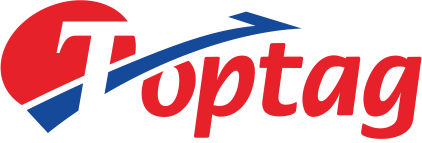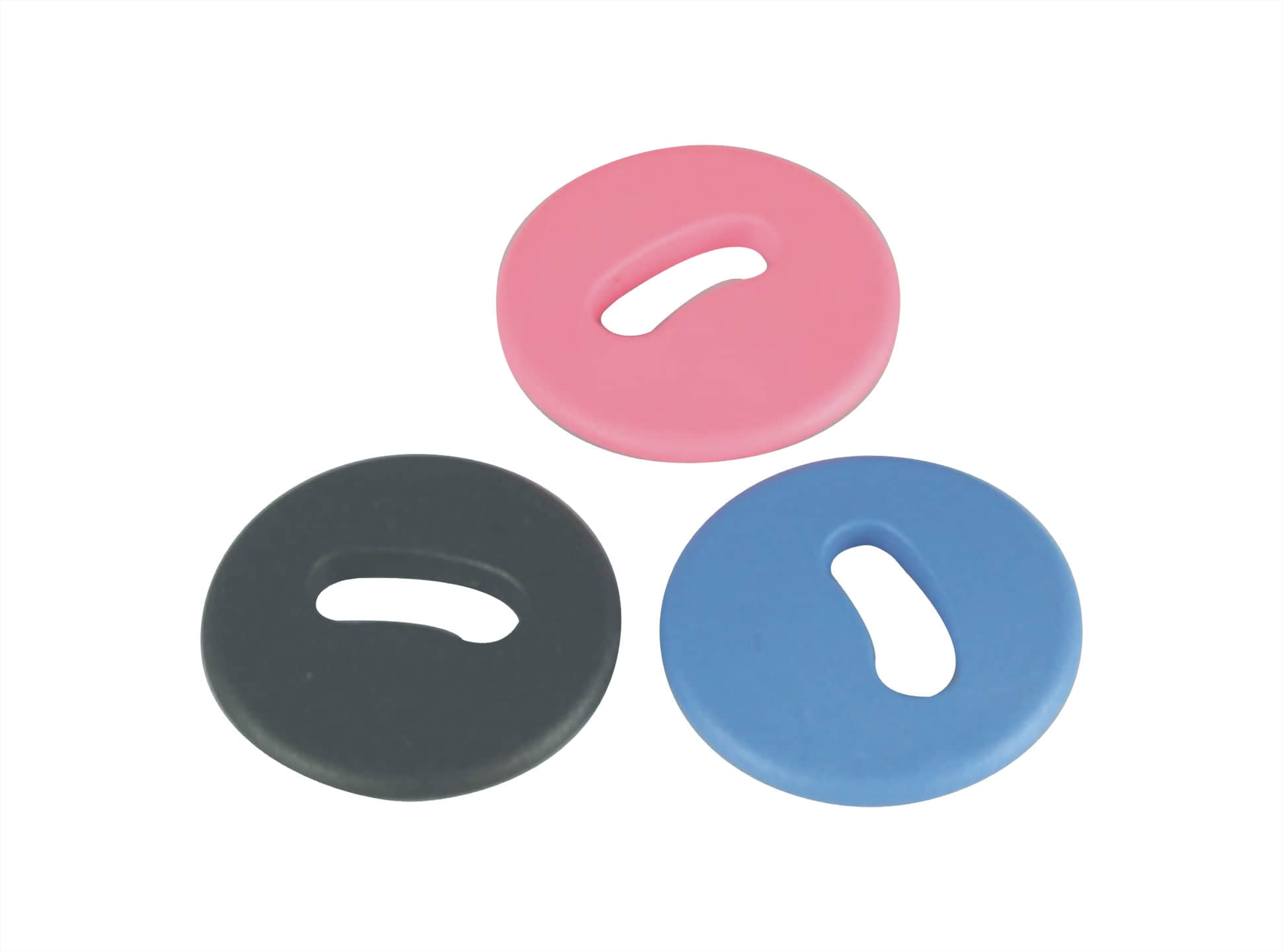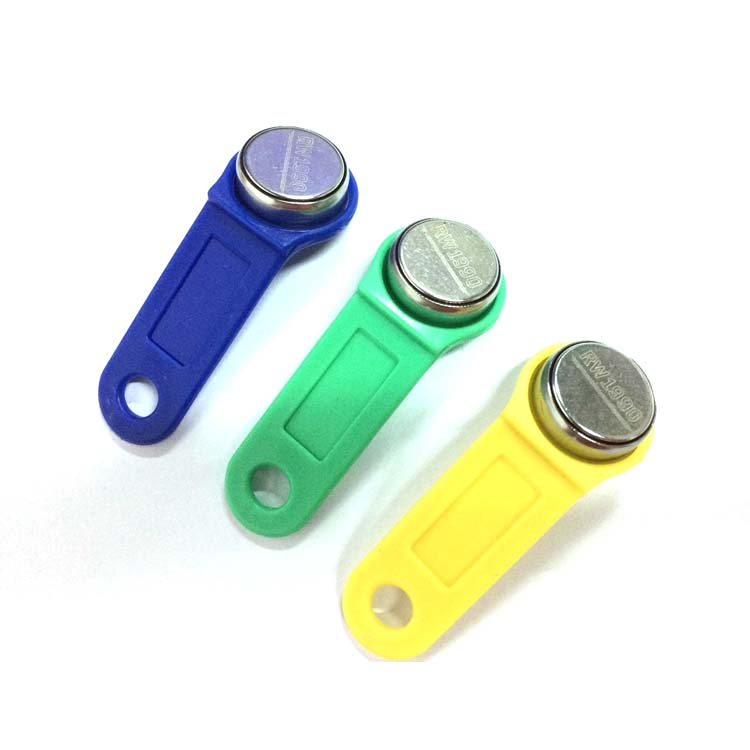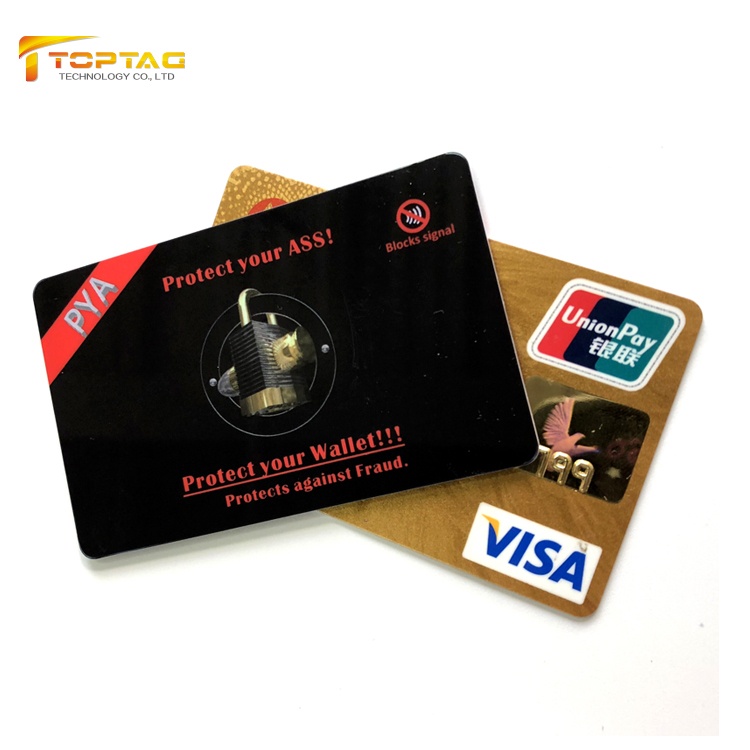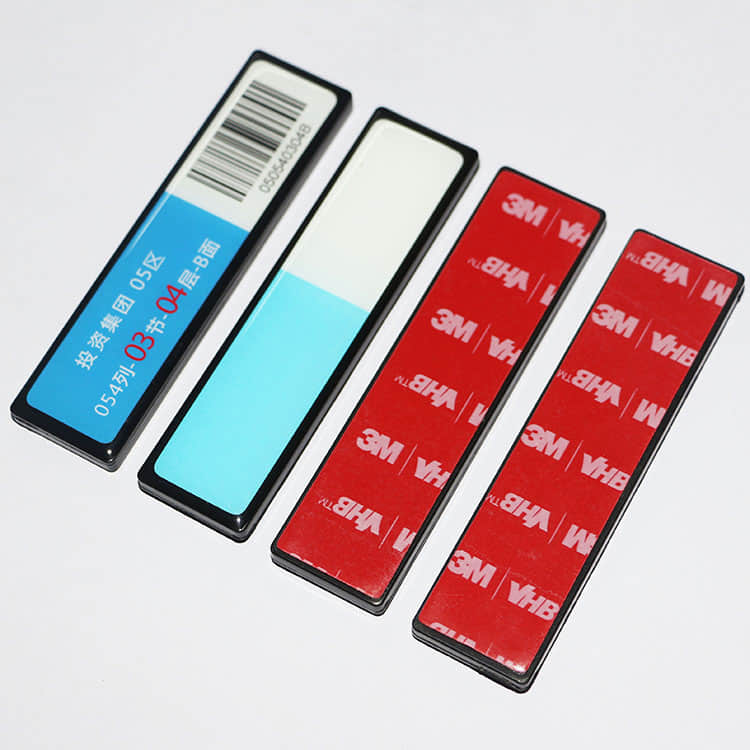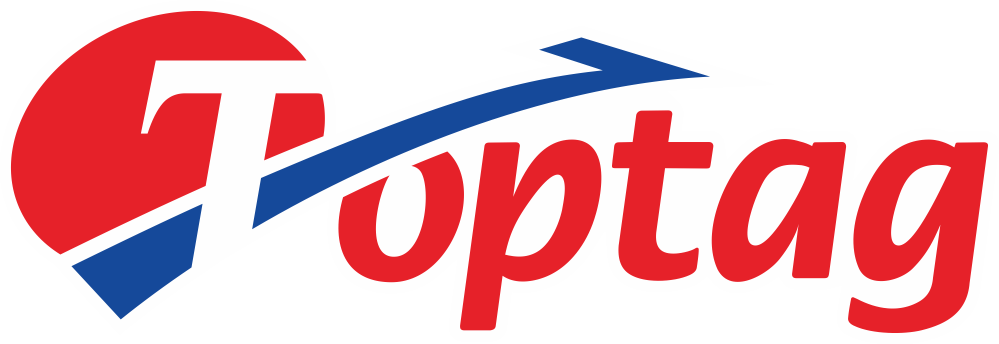Introduction
In an era of rapid technological advancement, various industries are undergoing digital transformation to streamline operations, enhance efficiency, and provide superior services. The laundry and textile industry is no exception to this trend, with high quality custom laundry RFID tags at the forefront of this revolution. In this article, we delve into how tailored laundry RFID tags are driving the digital transformation of the laundry and textile industry, enabling improved inventory management, tracking, and customer service.
The Rise of Custom Laundry RFID Tags
Radio Frequency Identification (RFID) technology has been a game-changer for the laundry and textile industry. Custom laundry RFID tags, equipped with small microchips and antennas, offer a powerful solution for tracking and managing textile items throughout their lifecycle. These tags are customized to meet the specific needs of laundry operations, enabling them to withstand the rigors of industrial washing and drying processes.
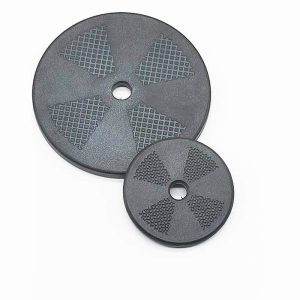
Inventory Management Made Effortless
One of the primary challenges in the laundry industry has been efficient inventory management. Traditional methods often involve manual counting and sorting, which are labor-intensive and prone to errors. Custom laundry RFID tags have transformed this aspect of the industry by automating inventory tracking.
RFID tags can be attached to each textile item, whether it’s a hospital bedsheet, hotel towel, or restaurant tablecloth. These tags store unique identification numbers and other relevant data. When items pass through RFID readers, whether during collection, washing, or delivery, the system automatically registers their presence. This real-time visibility into inventory significantly reduces the chances of lost or misplaced items.
Enhanced Tracking Throughout the Supply Chain
Custom laundry RFID tags extend their benefits beyond the laundry facility itself. They enable comprehensive tracking throughout the textile supply chain. From the moment textiles are produced to their use in various industries, RFID technology provides end-to-end visibility.
For example, in healthcare settings, RFID-tagged linens can be tracked from their arrival at the laundry facility to their delivery to hospitals and clinics. Detailed records of each item’s history, including wash dates, usage, and maintenance, are stored in the system. This not only ensures that healthcare facilities receive clean and sanitized linens but also aids in compliance with stringent regulations.
Improving Customer Service
The impact of custom laundry RFID tags on customer service is profound. For businesses in the laundry and textile industry, providing timely and accurate services is crucial for maintaining customer satisfaction.
Custom laundry RFID tags enable a seamless customer experience. When a customer requests a specific textile item, such as a hotel’s demand for fresh bed linens, RFID technology ensures that the correct items are delivered promptly. This reduces the chances of errors and enhances customer satisfaction, which is particularly critical in the hospitality and healthcare sectors.
Optimizing Resource Utilization
Another aspect of digital transformation in the laundry industry is the optimization of resources. Custom laundry RFID tags provide valuable data insights that enable businesses to make informed decisions regarding resource allocation.
For instance, data from RFID tags can reveal which textile items are frequently used and which are not. Businesses can adjust their inventory accordingly, reducing waste and saving on storage costs. Additionally, predictive maintenance can be implemented by monitoring the wear and tear of textiles through RFID data, ensuring that items are replaced or repaired before they deteriorate significantly.
Enhancing Sustainability Practices
The laundry and textile industry has also been focusing on sustainability in recent years. RFID technology plays a role in advancing sustainability efforts. By enabling precise inventory management, RFID tags reduce overproduction and minimize the environmental impact of textile production.
Moreover, RFID technology aids in the efficient sorting and routing of textiles, reducing transportation costs and carbon emissions. The ability to track items in real-time also contributes to responsible laundering practices, such as optimizing wash cycles to conserve water and energy.
Data-Driven Decision Making
Custom laundry RFID tags generate a wealth of data that can be leveraged for data-driven decision making. Analyzing this data helps businesses identify trends, optimize processes, and enhance overall efficiency. For example, patterns in laundry item usage can inform purchasing decisions, and historical wash data can lead to more efficient laundering practices.
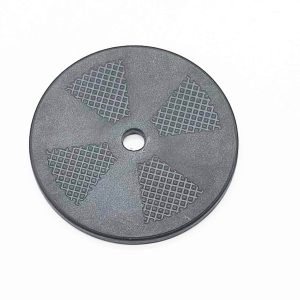
Overcoming Challenges: Data Security and Privacy
While the benefits of custom laundry RFID tags are substantial, they also present challenges, particularly concerning data security and privacy. Handling sensitive data, such as customer information or healthcare records, requires robust cybersecurity measures and adherence to privacy regulations. Encryption, access controls, and regular security audits are essential components of safeguarding RFID data.
Future Innovations and Integration: The journey of custom laundry RFID tags in the laundry and textile industry is far from over. As technology continues to advance, we can anticipate further innovations in RFID tag design and functionality. These innovations may include even more durable tags, increased data storage capacity, and integration with other smart technologies, such as the Internet of Things (IoT). The integration of RFID data with other systems, like inventory management software and customer relationship management tools, will further streamline operations.
Global Adoption and Industry Standards: Custom laundry RFID tags have gained significant traction in recent years, but their adoption is not uniform across the globe. As more regions and businesses recognize the advantages of RFID technology, we may witness the establishment of industry standards and best practices to ensure interoperability and consistency in data management.
Cost-Effective Solutions: The cost of RFID technology, including tags and readers, has been decreasing over time. This trend is likely to continue, making RFID solutions even more accessible to smaller businesses and organizations. As the upfront costs become more affordable, a broader range of laundry and textile service providers can benefit from RFID’s advantages.
Education and Training: The successful implementation of custom laundry RFID tags relies on the knowledge and expertise of personnel operating the technology. Training programs and resources will become increasingly important to ensure that employees are proficient in handling RFID systems effectively. Educational initiatives may extend to cover data security and privacy protocols to address potential concerns.
Wider Applications: While we have primarily focused on laundry and textile management, RFID technology has applications in various industries. We can expect to see the adoption of RFID tags in novel areas, such as retail, logistics, and manufacturing, where inventory tracking and data management are paramount.
Enhanced User Experiences: As custom laundry RFID tags continue to evolve, they will contribute to improved user experiences. Customers in the hospitality and healthcare sectors will benefit from quicker, more accurate deliveries of clean textiles, leading to higher satisfaction rates. Businesses that prioritize customer experience will leverage RFID technology to gain a competitive edge.
Regulatory Landscape: As technology evolves, so do regulations related to data security and privacy. Staying compliant with evolving data protection laws will be essential for businesses using RFID technology. Navigating this complex regulatory landscape will require ongoing vigilance and adaptation.
Conclusion
Custom laundry RFID tags have become catalysts for the digital transformation of the laundry and textile industry. They offer a comprehensive solution to challenges related to inventory management, tracking, and customer service. Through automation, real-time visibility, and data-driven decision making, these tags are revolutionizing the way textile items are tracked and managed from production to end use.
Moreover, tailored laundry RFID tags align with sustainability efforts by reducing waste, optimizing resource utilization, and promoting responsible laundering practices. While data security and privacy remain critical considerations, the benefits of RFID technology in the laundry industry are undeniable. As the industry continues to embrace digital transformation, custom laundry RFID tags will remain at the forefront, shaping a more efficient, sustainable, and customer-centric future for textile management.
